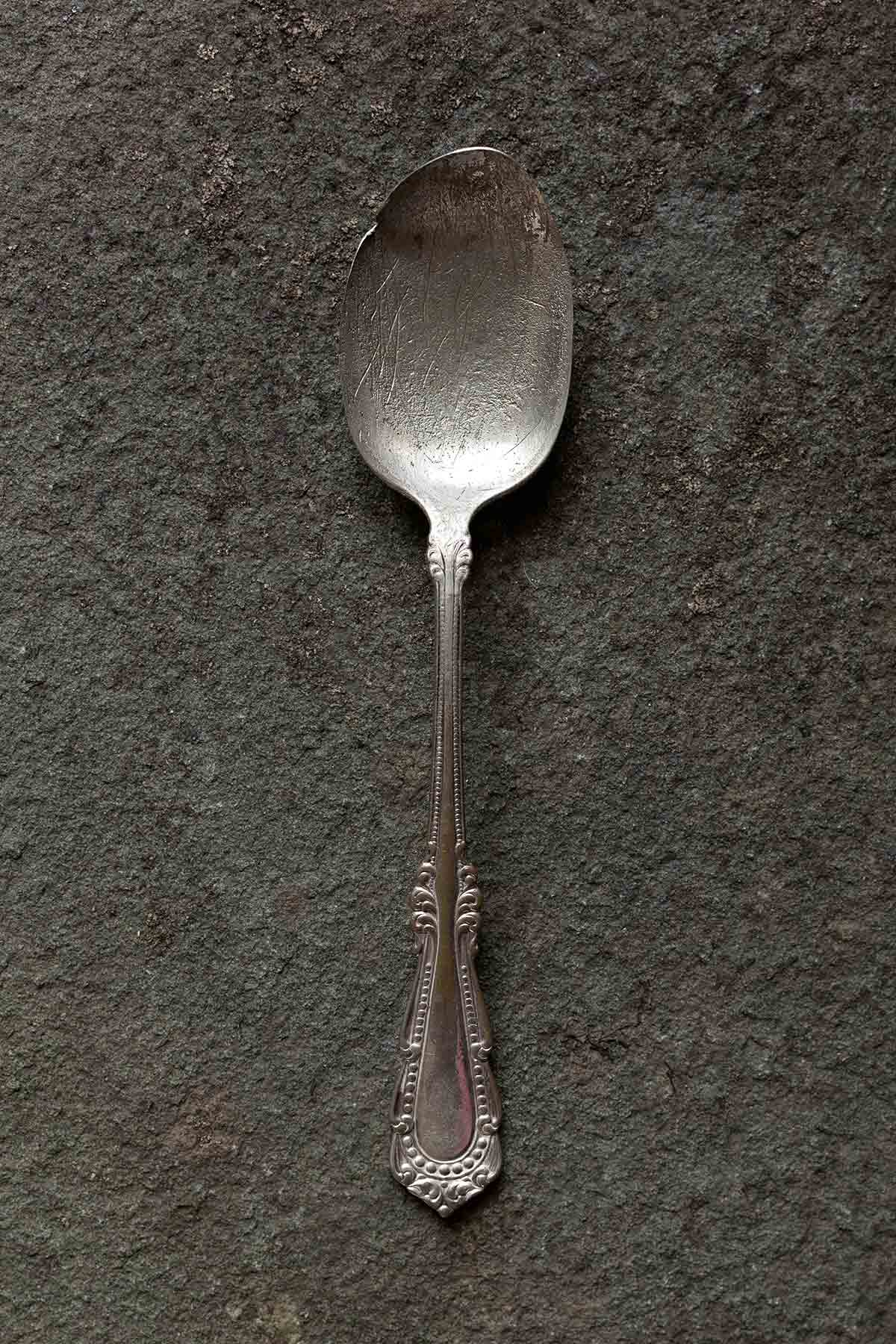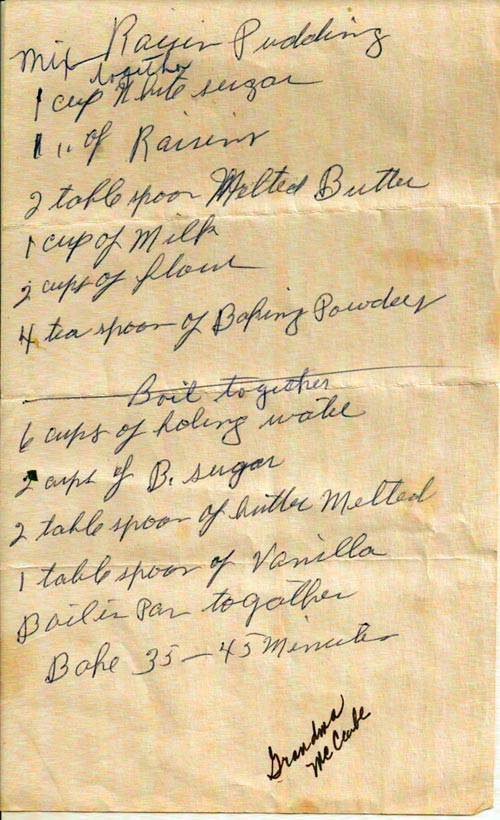
When I first told David, my partner of nearly 20 years, about my tumultuous upbringing, he was shocked. You see, my emotionally volatile mother, whom I loved dearly, was seemingly strong on the outside but fragile inside.
My father, who was legally blind, was severely limited in his ability to play the role of dad as I longed for it to be played. Both of them had hot tempers that often led to loud and sometimes physical confrontations.
When I was seven, they separated, and they divorced soon after. Much of the rest of my childhood was spent consoling my mother, helping her find happiness not only in her own life but in mine.
My father, meanwhile, depended on me to take care of him. I learned to do his shopping, make his meals, clean his house, pay his bills, and balance his checkbook by the age of nine. In many ways, the roles of parents and child were sadly reversed.
Finally, when I was 14 and life with my mother and her third husband in their horribly tension-filled household became unbearable, I left.
But there was one person I could always depend on to be there for me: my beloved grandmother. She didn’t need me to give her emotional support or take care of her. She just needed me to be her grandson and accept her unconditional love.
I have countless memories of her. She cut a fine figure, had tightly curled hair, and always wore stockings and a dress–usually one that she’d sewn herself. She’d never go out in public unless she looked just right. She was a lady—a very independent lady—who was as comfortable moving a heavy piece of furniture or hammering a nail as she was making a cake from scratch.
My most vivid recollections of her are in the kitchen. Oddly, I don’t remember her cooking; it’s possible she wasn’t very good. But her baking was incredible. And there were three necessary components to everything she made—her big brown crock; her wooden spoon; and her scratched, misshapen silver spoon, which I cherish to this day. I remember seeing that spoon in every kitchen my grandmother ever baked in. It was like a constant friend or a favorite family member.
I remember Grandma baking buttermilk bread for sandwiches and scooping the flour with her silver spoon. I’d sit in the kitchen, watching her mixing all the ingredients, and wait for the bread to rise.
The process fascinated me, and once the loaf went in the oven the smell of it baking was pure comfort to me. I sat on pins and needles anxious for the warm slice of bread with butter that would soon be mine. And at Christmastime she’d bake me a special sweet treat by shaping the same dough into rolls and studding them with colorful candied fruit.
Then there were the times she’d bake a cake. She’d sit with her big crock on her lap, beating the batter inside with her silver spoon. After she’d poured the batter into the pan, there was always, miraculously, just enough left for me to “test” with the spoon. That spoon was so thin and beat up it was amazing that I didn’t cut myself. But just as my grandmother expertly wielded it, so I learned to masterfully maneuver it.

I recently happened upon her recipe for raisin pudding—a dessert she made all the time—written in her own hand. I’m not sure if I should call it a recipe, though, because it includes only the ingredients.
It doesn’t say what size pan to bake it in or what temperature to set the oven to. Maybe we were destined to guess, or maybe we were just expected to know.
I later found the same recipe, entitled “Grandma’s Raisin Pudding,” in my mother’s handwriting. Her version includes the missing pieces. It says to drop the flour-and-sugar mixture into the syrup with a “teaspoon,” which makes me chuckle because I know the “teaspoon” referred to is Grandma’s old silver spoon that I watched her use every time she made this dessert.
She’d scoop it into the wet batter and then drop it into the waiting hot syrup without bothering to shape the individual puddings. But once they emerged from the oven, they were almost perfectly round biscuits sitting atop the most delicious river of thick, rich syrup. In my child’s mind, her spoon had special powers. It could take blobs of dough and shape them into impeccable biscuits. It’s one of my very favorite memories of her.
According to my grandmother, the spoon was handed down from her mother’s mother. It supposedly originated in England, but that part has always seemed suspect to me since it’s rather a grand origin for something owned by our humble family. As a child, I simply couldn’t fathom how anything could be so old, so ancient.
When my grandmother passed on, the old spoon was handed down to me. It remains one of my greatest treasures. So far from glamorous, yet beautiful to me, it rests comfortably among our set of perfect silverware.
It’s this spoon that I pull out anytime I want to try a new recipe or make a beautiful meal for David or just sense that I might need some extra support in the kitchen. Is it my lucky spoon? I can’t answer that. But I can say that I go into a panic when I want to cook something special and can’t find it. Somehow I feel I need it to achieve even the slightest success in the kitchen.
Maybe it’s a crutch, or maybe it’s just a piece of metal that evokes wonderful memories of me and my grandmother in the kitchen. It doesn’t really matter, as I can’t promise a decent meal without it.











Thanks for offering your readers a vision into your life. You are vulnerable when you do something like that. It takes courage and strength to be so open. You have come thru it well. The scars might remain, but, they have healed over and you have moved on.
Also, thanks for the only slightly obscured view of The One. Lucky man. David! Was it you, David, or someone else who used the term, “Sex on legs”? I hope I am not offending.
Stu,
Thank you for writing.
When David asked me to do the piece on the spoon – I think because he knows how much I depend on it – I thought it would be light and fun, not the piece you read. But when I started writing it almost became a confession of sorts, and just seemed right. I don’t think it would have had the same meaning if I hadn’t given a bit of my history. And you’re right – I have moved on.
Lovely story. I almost snorted my tea through my nose reading the bio, David.
This is a fascinating development. Suddenly The One has his own voice and even a photo. He left a comment and now he’s coming into his own as a real person with a voice. I like it!
David, we should talk about this for my blog, don’t you think?
The One, your grandmother saved you. Studies of difficult childhoods show that if there is one person outside the home who treats you well, you will turn out okay. It explains why other kids in the same circumstances don’t do as well.
Diane,
Nice to hear from you!
Yes, I often felt that she did. She was a kinda rock for me, and I always loved every minute we spent together. It was so much easier than anything that happened at “home”.
I wish I had my Grandmother’s wood fork that she used when turning her perfect fried chicken. The tips of the tines were burned black but, boy oh boy..I am sure if I had that fork, I’d make fried chicken as good as she did!
Your Grandmother’s recipe appears to be a recipe for Poor Man’s Pudding (fancied up with raisins) or Pudding Chomeur. I’ve made it and it’s delicious. Probably not as good as your Gram’s cuz I didn’t have that silver spoon…
Susan,
Thank you for writing.
In the piece I also mention a crock that my grandmother had. The crock ended up with my aunt and when she died it ended up going to a thrift shop. Someone bought it before it was able to be retrieved. I was so sad – so I can relate to your desire to have your grandmother’s wood fork.
It’s so interesting that you say the recipe could be for “Poor Man’s Pudding”. Along with my mother’s version I also found one that my aunt wrote that called it Poor Man’s Pudding. I am going to compare all the recipes over the holiday and see what I can come up with.
I made the recipe the first time when it was featured and demo’d by Amanda Hesser from a contest on Food52. It was for Pudding Chomeur (a Canadian speciality), which differs from Poor Man’s Pudding by using maple syrup and heavy cream for the sauce instead of water and brown sugar. I did an internet search when I found that recipe and sure enough, there a a lot of very similar recipes under both names, out there.